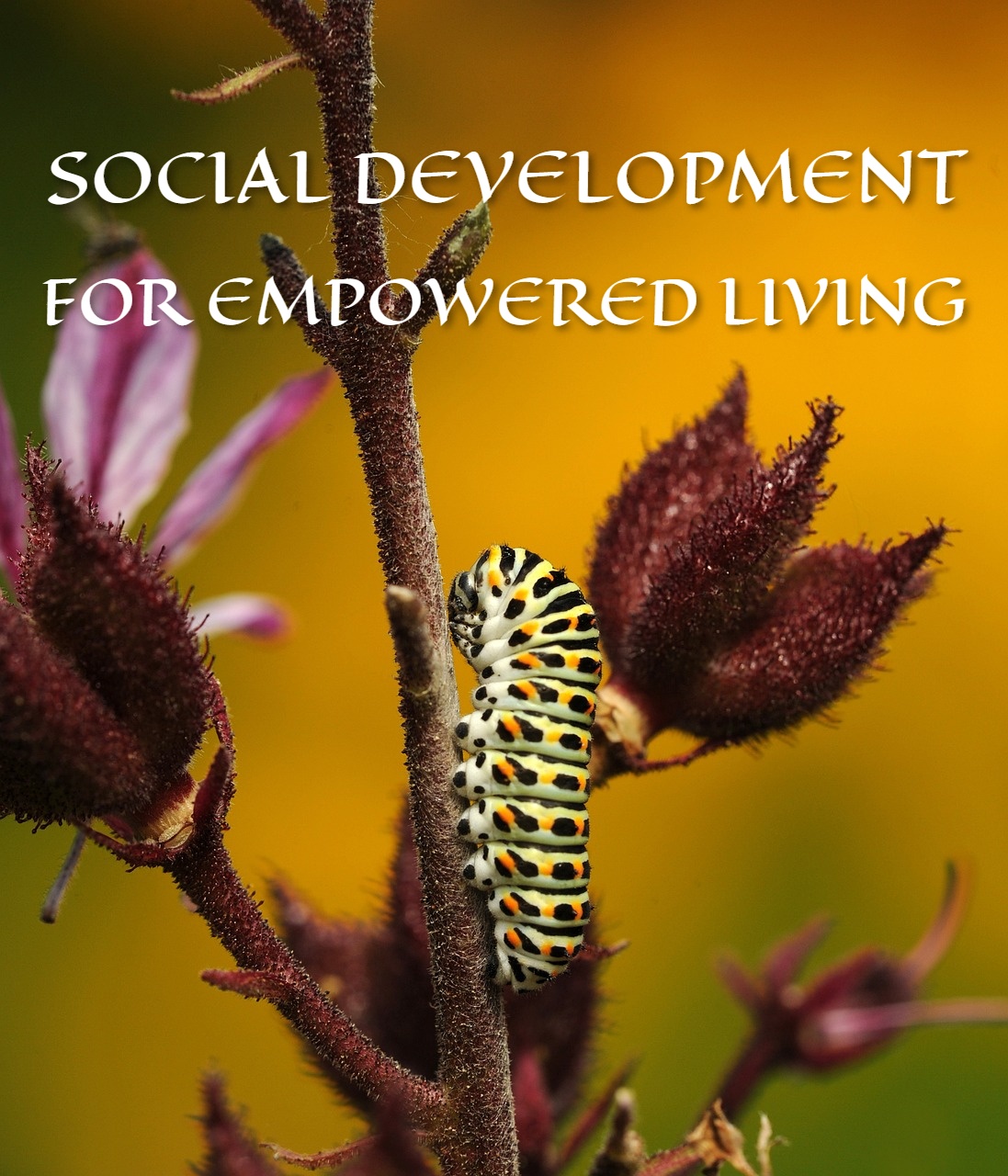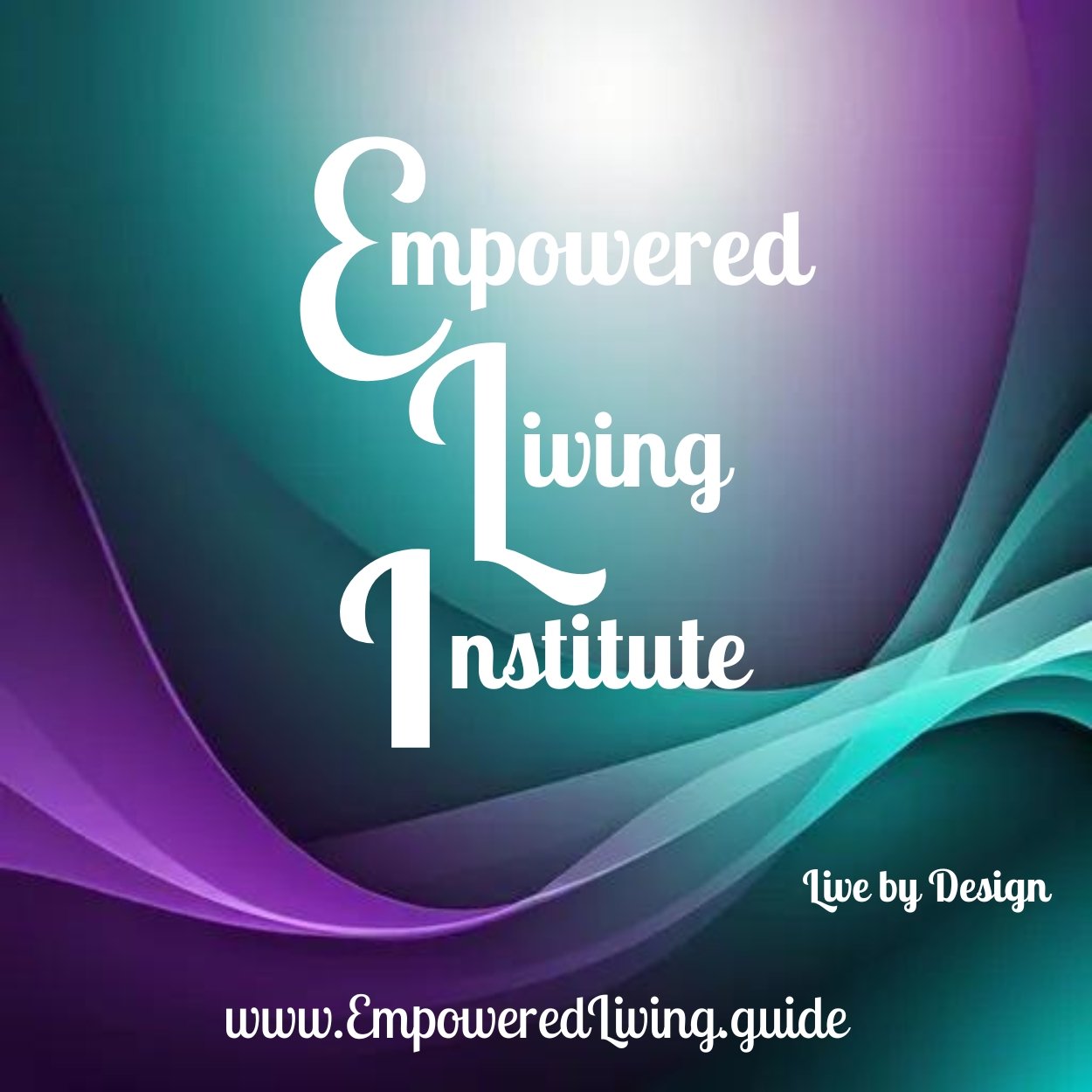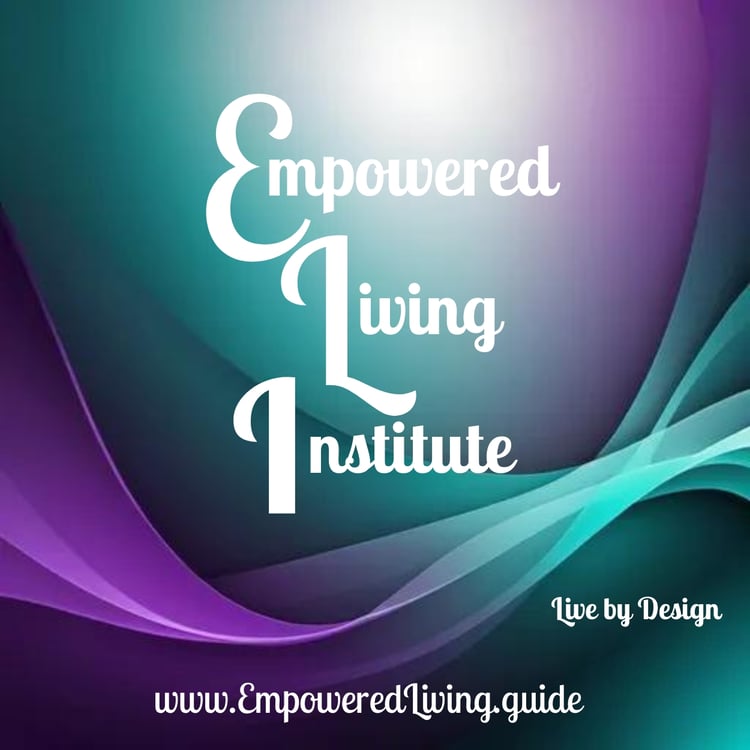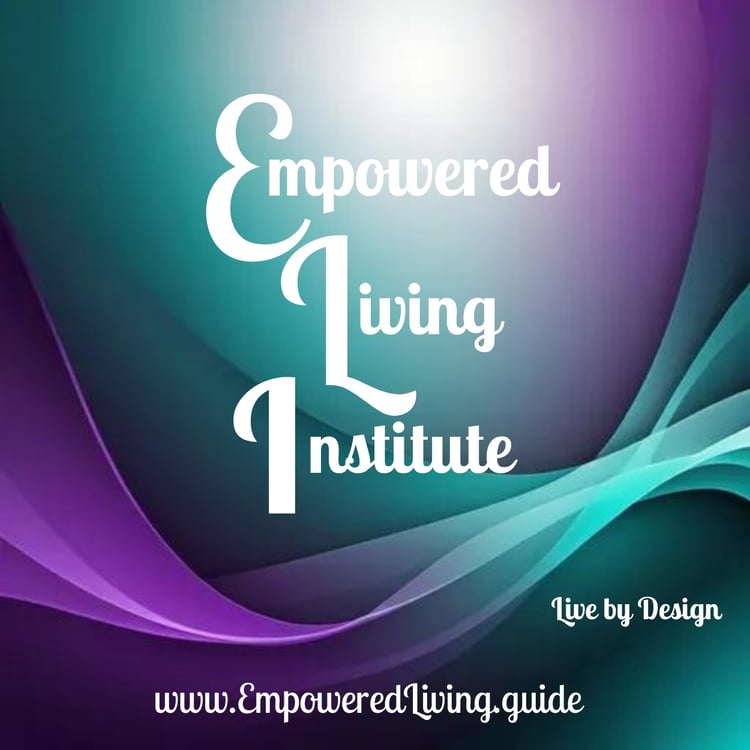
SOCIAL DEVELOPMENT FOR EMPOWERED LIVING
SOCIAL DEVELOPMENT FOR EMPOWERED LIVING
Table of Contents
Establishing Identity and Emotional Stability in Early Adulthood
Understanding the Neural Development that Supports Executive Functions and Decision-making
Exploring the Process of Establishing Personal Identity, Preferences, and Philosophies
Navigating Emotional Stability and Resilience During this Phase of Life
The Role of Long-term Thinking in Making Mature Decisions
Relationships and Family Formation in Early Adulthood
Examining the Drive for Meaningful Relationships and Commitment
Understanding the Dynamics of Marriage, Cohabitation, and Family Formation
Addressing the Desire for Children and the Impact on Personal and Social Development
Work and Career Development in Early Adulthood
Exploring the Significance of Work and Career Decisions During this Stage of Life
Understanding the Influence of Career Choices on Various Aspects of Life, Including Socioeconomic Status and Relationships
Balancing Achievement, Satisfaction, and Security in Career Development
Transitioning to Wisdom and Socializing in Middle Adulthood
Valuing Wisdom Over Physical Prowess and Embracing Accumulated Experiences
Recognizing the Transition in Human Relationships and the Importance of Emotional Intimacy
Investing in Emotional and Physical Flexibility and Addressing the Potential for Stagnation
Mental Flexibility and Adaptability in Middle Adulthood
Understanding the Effects of Rigidity and the Importance of Mental Flexibility
Embracing Lifelong Learning, Interaction with Different Age Groups, and Engaging in Challenging Activities
Acknowledging the Value of Staying "up-to-date" and Open to New Experiences
Adapting to Change in Late Adulthood
Addressing the Unique Social Changes and Challenges in Late Adulthood
Exploring the Typical Developmental Tasks in Late Adulthood According to Havinghurst’s Theory
Strategies for Adapting to Physical Decline, Retirement, Bereavement, and Evolving Social Roles
Maintaining Social Relations and Support in Late Adulthood
Understanding the Importance of Social Support and Meaningful Relationships
Cultivating Quality Relationships and Networks for Greater Psychological and Physical Well-being
Accepting and Adapting to Changing Social Roles and Exploring Opportunities for Contribution and Engagement
Establishing Good Physical Arrangements in Late Adulthood
Planning and Preparing for Safe, Practical, and Enjoyable Living Spaces in Later Life
Exploring Options for Independent Living and Communal Arrangements
Empowering Individuals to Make Informed Decisions Regarding Their Living Arrangements and Lifestyle Choices Throughout Late Adulthood
53 pages.











